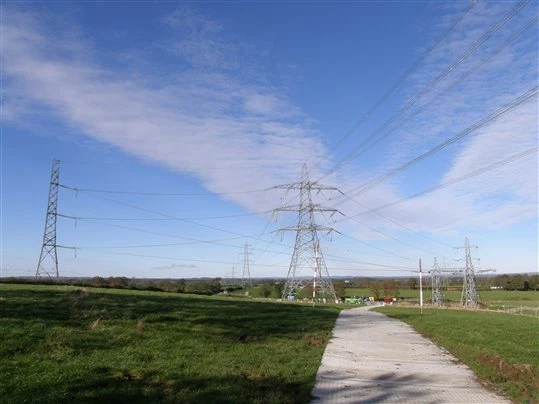
Partner Article
ISO 50001: latest revisions to energy standard explained
The ISO 50001 global energy management standard has been revised to better support the modern challenges faced by organisations in controlling rising energy costs and addressing climate change.
BSI has introduced the new version (BS EN ISO 50001: 2018) to reflect changes in technology, knowledge and regulation since the original publication of the international energy standard in 2011.
David Fatscher, Head of Sustainability for BSI, said: “Technology, the regulatory environment and scientific knowledge have all changed markedly in the last seven years, and this update of the standard acknowledges that transformation.”
He continued: “Unpredictable weather patterns and ever-increasing energy costs have created a perfect storm for organisations. The bottom line is this: reducing energy costs is a win-win for organisations, which can achieve lower financial outgoings whilst minimising their carbon footprint.”
Continuous energy performance improvement
Rob Leak, Head of Energy Solutions and an ISO 50001 Lead Auditor for Inprova Energy, explained: “The core purpose of ISO 50001 remains, which is to continually improve the energy performance of organisations and their supporting management systems. It isn’t one of those certificates that you put on the wall and then forget; it’s the backbone of successful day-to-day energy and carbon management.”
The revised standard includes the energy management processes that are considered as current global best practice. It also provides activities for establishing policies, processes, procedures and specific energy-tasks that can be used to meet an organisation’s energy objectives.
As before, it uses a Plan, Do, Check, Act continuous improvement framework to ensure that no step is missed in ensuring long-term, sustainable energy cost and carbon reduction.
The key changes in the 2018 version of ISO 50001 are:
• Closer alignment and increased compatibility with other ISO management system standards (e.g. ISO 14001, ISO 9001, and ISO 45001) – providing better and easier integration. • Greater focus on leadership and in ensuring that energy policy and management is a strategic issue, with clear responsibilities assigned to top management. • More emphasis on data and analysis, reflecting technological advancements in energy monitoring and measurement and the growing importance of using advanced intelligence in energy management. • Improved clarification of existing concepts, including new definitions, such as energy performance improvement.
BS EN ISO 50001: 2018 will continue to provide full compliance with the Energy Saving Opportunity Scheme (ESOS) scheme.
This was posted in Bdaily's Members' News section by Inprova Energy .
Enjoy the read? Get Bdaily delivered.
Sign up to receive our popular morning National email for free.








 Raising the bar to boost North East growth
Raising the bar to boost North East growth
 Navigating the messy middle of business growth
Navigating the messy middle of business growth
 We must make it easier to hire young people
We must make it easier to hire young people
 Why community-based care is key to NHS' future
Why community-based care is key to NHS' future
 Culture, confidence and creativity in the North East
Culture, confidence and creativity in the North East
 Putting in the groundwork to boost skills
Putting in the groundwork to boost skills
 £100,000 milestone drives forward STEM work
£100,000 milestone drives forward STEM work
 Restoring confidence for the economic road ahead
Restoring confidence for the economic road ahead
 Ready to scale? Buy-and-build offers opportunity
Ready to scale? Buy-and-build offers opportunity
 When will our regional economy grow?
When will our regional economy grow?
 Creating a thriving North East construction sector
Creating a thriving North East construction sector
 Why investors are still backing the North East
Why investors are still backing the North East